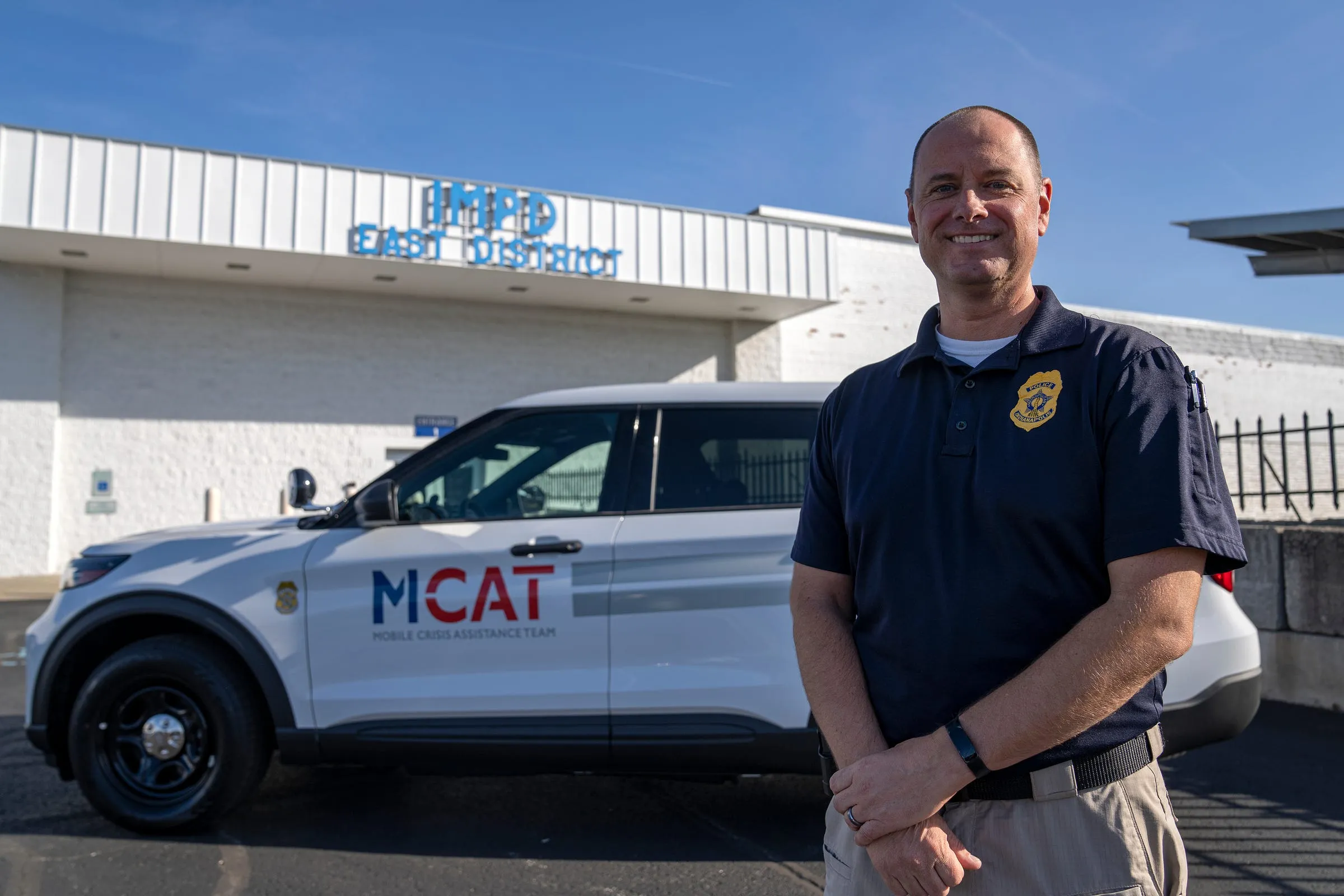Understanding Mental Health and Law Enforcement's Role in Crisis Situations

The Importance of Mental Health in Crisis Situations
Mental health struggles are increasingly significant across communities. In Indianapolis, the role of law enforcement in managing mental health crises is becoming more apparent. Instead of solely relying on police to respond to these situations, there's a push to involve trained mental health professionals.
Behavior Change and Crisis Response
The collaboration aims to promote behavior change by integrating mental health strategies into law enforcement protocols. Police dispatchers are increasingly tasked with identifying when a situation requires mental health interventions rather than traditional law enforcement responses.
- Emergency services need effective strategies.
- Mental disorders should be addressed by specialists.
- Law enforcement must adapt to evolving needs.
This holistic approach not only aims to enhance public safety but also supports counseling services and reduces the potential for overall negative impacts on individuals experiencing crises.
Disclaimer: The information provided on this site is for informational purposes only and is not intended as medical advice. We are not responsible for any actions taken based on the content of this site. Always consult a qualified healthcare provider for medical advice, diagnosis, and treatment. We source our news from reputable sources and provide links to the original articles. We do not endorse or assume responsibility for the accuracy of the information contained in external sources.
This article was prepared using information from open sources in accordance with the principles of Ethical Policy. The editorial team is not responsible for absolute accuracy, as it relies on data from the sources referenced.